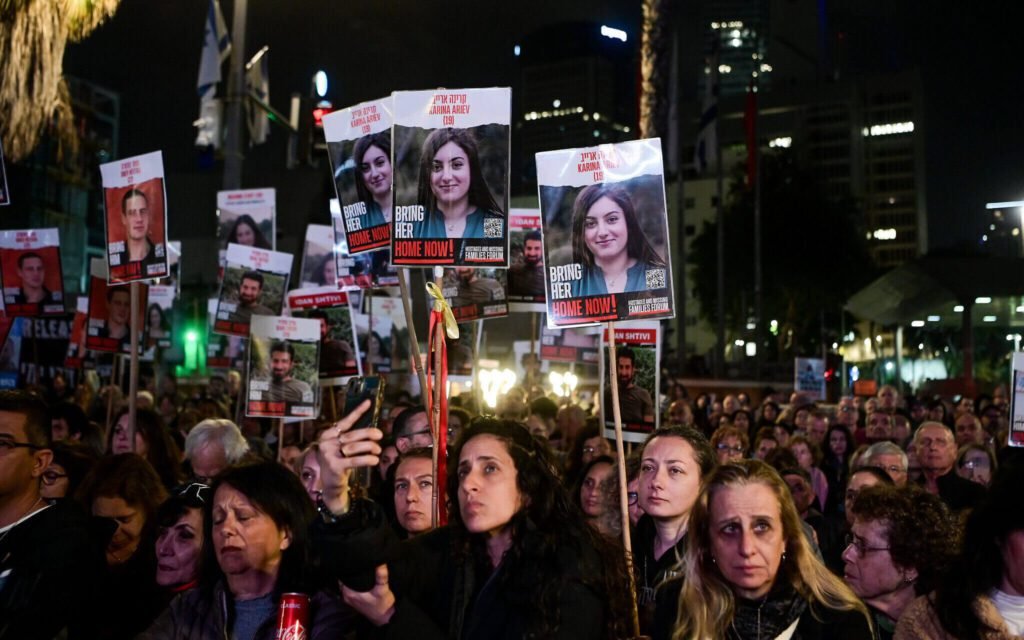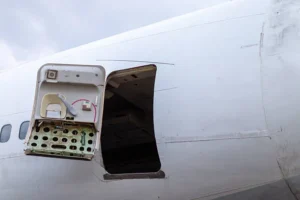Israel-Hamas ceasefire talks have resumed in Qatar, but hopes for a breakthrough are low. The negotiations aim to end the 10-month conflict that has killed over 40,000 Palestinians and displaced millions.
The talks stalled after Hamas’s leader, Ismail Haniyeh, was assassinated in Tehran last month. Iran has vowed to retaliate against Israel, raising fears of a wider escalation.
Hamas refuses to participate in the indirect negotiations, accusing Israel’s Prime Minister Benjamin Netanyahu of adding new conditions to the proposed deal. Netanyahu denies this, calling the claims “false.”
The proposed deal outlines a six-week ceasefire, Israeli withdrawal from populated areas, and hostage exchange. However, sticking points remain, including control of the Philadelphi corridor and the return of displaced Palestinians.
Mediators from the US, Qatar, and Egypt face significant challenges. CIA Director William Burns and Qatari Prime Minister Mohammed bin Abdul Rahman Al Thani are attending the talks, but expectations are low.
The conflict began last October when Hamas launched an unprecedented attack on southern Israel, killing 1,200 people and taking 251 hostages. Israel responded with a military campaign to destroy Hamas, resulting in significant damage and loss of life.
The international community is urging a ceasefire to prevent further escalation. The US and others see a deal as a way to deter Iran from retaliating against Israel. With tensions high, a breakthrough is desperately needed to bring relief to the people of Gaza and prevent a wider regional war.








